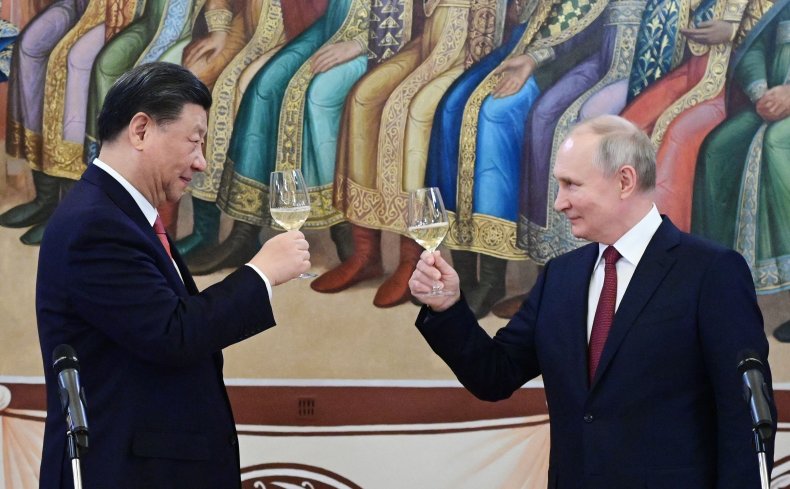DANIEL RUNDE

If we are approaching a second Cold War, this time with China and other strategic competitors, most of the action will take place in the realms of diplomacy, development, and economics. China certainly thinks so. Earlier this month, China announced a 12 percent increase in its diplomatic budget compared to a 7 percent increase in its military budget.
Of course, we should watch China's military spending and ensure that the United States and its allies have the qualitative and quantitative military edge against China. But the intentional focus by China on diplomacy, foreign aid, monies for "public diplomacy" and more money for international organizations should be a wake up call for the West that China understands that great power competition will not play out in Europe or even East Asia, but largely in Africa, Latin America, the Pacific Islands, and other parts of the "developing world" or the "Global South."
China has embassies in over 170 countries, has a very well-trained diplomatic corps that speaks English, French and increasingly local languages. In the last six weeks, China brokered a peace deal between Saudi Arabia and Iran, and Honduras announced that it would recognize the People's Republic of China after 82 years of recognizing Taiwan. This is merely part of a much bigger diplomatic and soft power push by China.
Just a month ago, South Africa hosted joint naval exercises with China and Russia, a form of military cooperation but also a form of diplomacy. In the last week, the outgoing president of the Federated States of Micronesia, a Pacific Island nation considering switching recognition to Taiwan from the mainland, accused the Chinese Communist Party of bribery, threats, and "political warfare."
Clearly, China, as the world's second largest economy, is flexing its diplomatic, security, economic, and development muscles in its long-term quest to create a new global system led by China. It is not 2003 anymore, China and sometimes Russia can fill vacuums that the U.S. and the West leave behind. Twenty years ago, the U.S. was the largest trading partner for more than 100 countries. Today, China is the largest trading partner for more than 100 countries. In the longer run, if China and Russia fill too many vacuums, a new system built around rules set by the Chinese Communist Party will take over. This is a world where cyber-authoritarianism is exported and strengthened; where corruption will be feature, not a bug, in the global operating system; where the minerals needed for a carbon transition are controlled by the CCP; and religious and political freedoms are deeply curtailed.
The U.S. and its partners need a soft-power strategy for countering this non-military—but very serious—set of challenges. Thankfully some steps have been taken. At one point three years ago, China ran four of the 15 most important United Nations technical agencies and was on its way to winning the leadership race for a fifth agency, the World Intellectual Property Organization. The Trump administration and the Biden administration have woken up to the challenge in the multilateral system and China now runs only the FAO.
Some of this strategy requires thinking differently about America's foreign aid, some of this means thinking differently about our trade relationships, and some of this will require new forms of public diplomacy.
If we are in a new Cold War or just a frosty great power competition, China sees the future in a stronger set of soft power tools. The U.S. and our allies are going to have to up our game in terms of diplomacy and development.
No comments:
Post a Comment